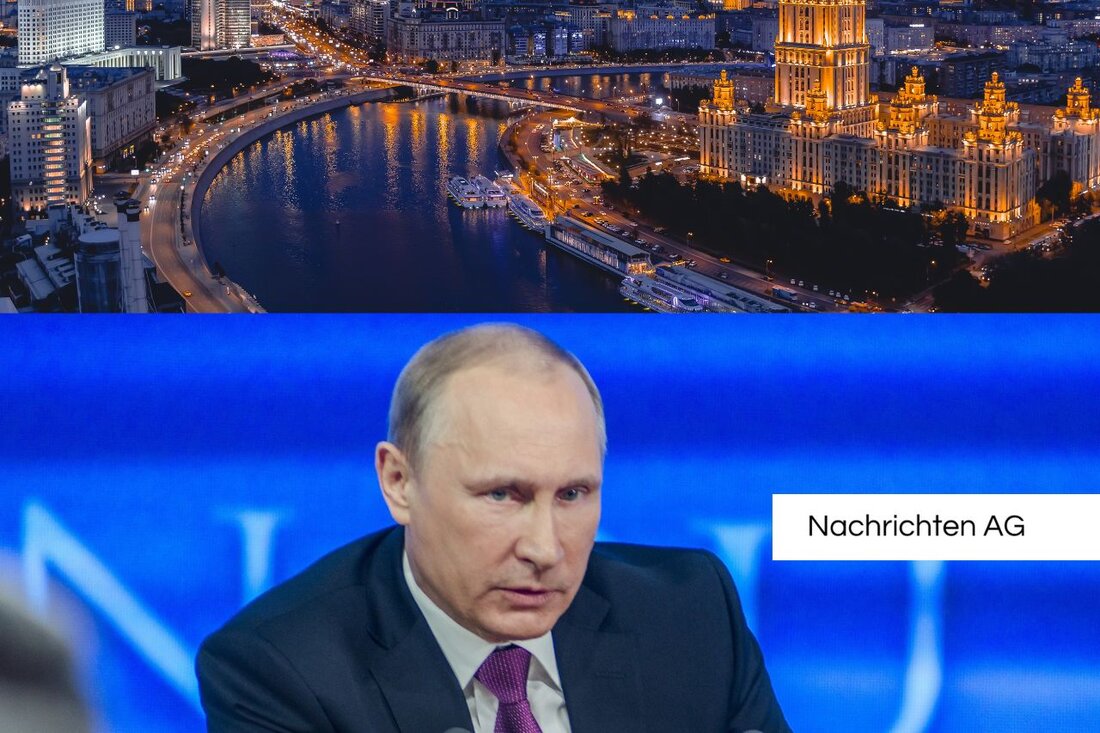Selenskyj challenges Putin: summit in Kyiv brings hope!

Selenskyj challenges Putin: summit in Kyiv brings hope!
Istanbul, Türkei - On May 11, 2025, a decisive summit took place in Kiev, in which Ukrainian President Wolodymyr Selenskyj gathered with important European leaders, including Federal Chancellor Friedrich Merz, President Emmanuel Macron, Prime Minister Keir Starmer and Prime Minister Donald Tusk. Together they discussed the possibility of a ceasefire as part of the ongoing conflict between Ukraine and Russia.
The announcement of a 30-day ceasefire from Ukraine met reserved because there is a fear that Russian President Vladimir Putin could use a delay. Despite these concerns, Putin offered to record direct peace talks in Istanbul on Thursday. Selenskyj understood this initiative as part of a larger strategy to put Ukraine under pressure.
claims and reactions
The European heads of state and government called for an ultimatum: ceasefire from Monday without priority or tightening the sanctions against Russia. US President Donald Trump supported the initiative, but stated that Ukraine should enter negotiations even without ceasefire.
Selenskyj, who is ready to travel to Istanbul to wait for Putin, at the same time emphasized the need for a ceasefire. In a previously unpublished explanation, however, Putin showed that he did not recognize Selenskyj as a legitimate president, which makes the tailwind more difficult for the conversations.
Merz said after the summit in Kiev that there is "a little chance" for an end to the war, but the mood remains tense.
geopolitical dimensions of the conflict
The Ukraine conflict has far-reaching geopolitical implications that go beyond the region. Historically, Ukraine has been a scene of disputes between East and West since its independence in 1991. In particular, the annexation of the Crimea in 2014 increased the tensions and led to international sanctions against Russia.
The role of the EU and Russia plays a crucial role here. The EU has been doing diplomacy since 2014 and imposes economic sanctions to support Ukraine. Nevertheless, different positions within the EU make the creation of a uniform strategy towards Russia and the conflict in Eastern Ukraine.
The geopolitical implications of the Ukraine conflict concern not only the security architecture of Europe, but also the relationships between NATO to Russia. This situation has led to a deterioration in relationships between Russia and the West, cyber attacks and an increasing spread of information that harms public perception.
The recommendation for sustainable conflict resolution includes strengthening diplomatic efforts, the inclusion of civil society, as well as the promotion of de -escalation measures and reconciliation initiatives. These are crucial steps to secure the stability in the region in the long term and to avoid future conflicts. Remszeitung and The knowledge analyze these complex structures and challenges in detail.
| Details | |
|---|---|
| Ort | Istanbul, Türkei |
| Quellen | |
